14 de fevereiro de 2026
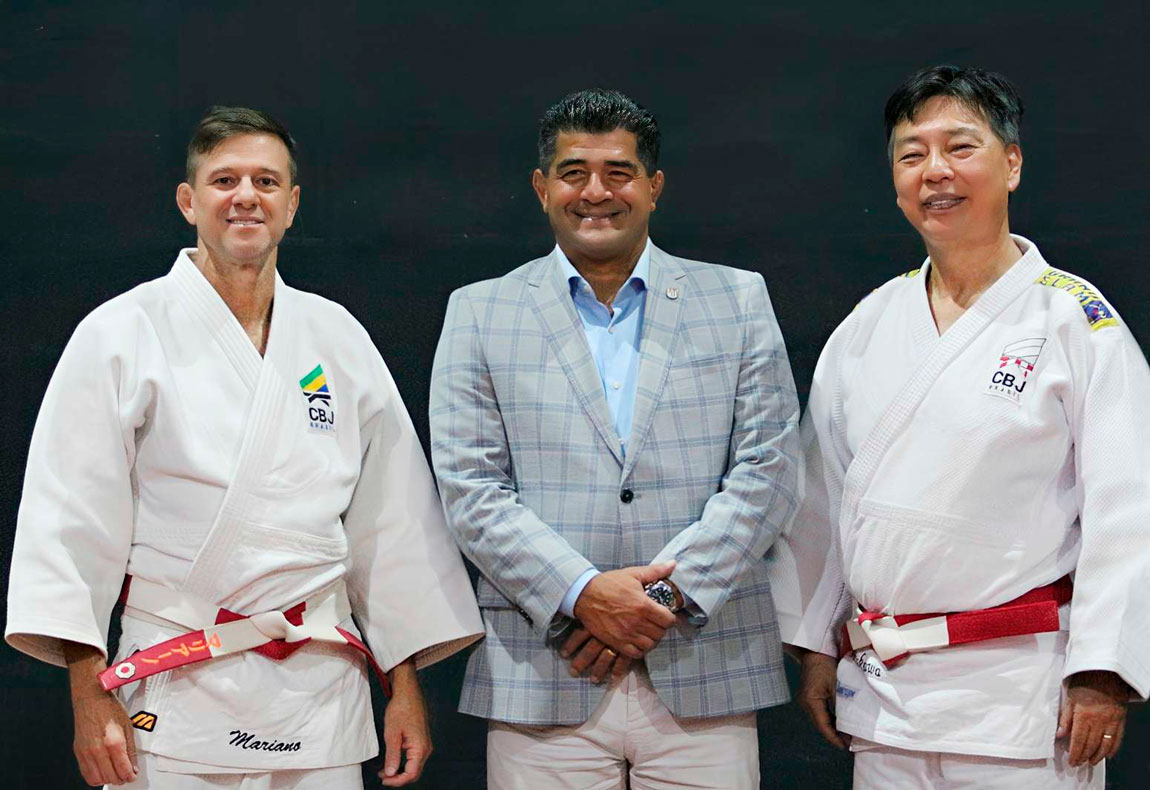
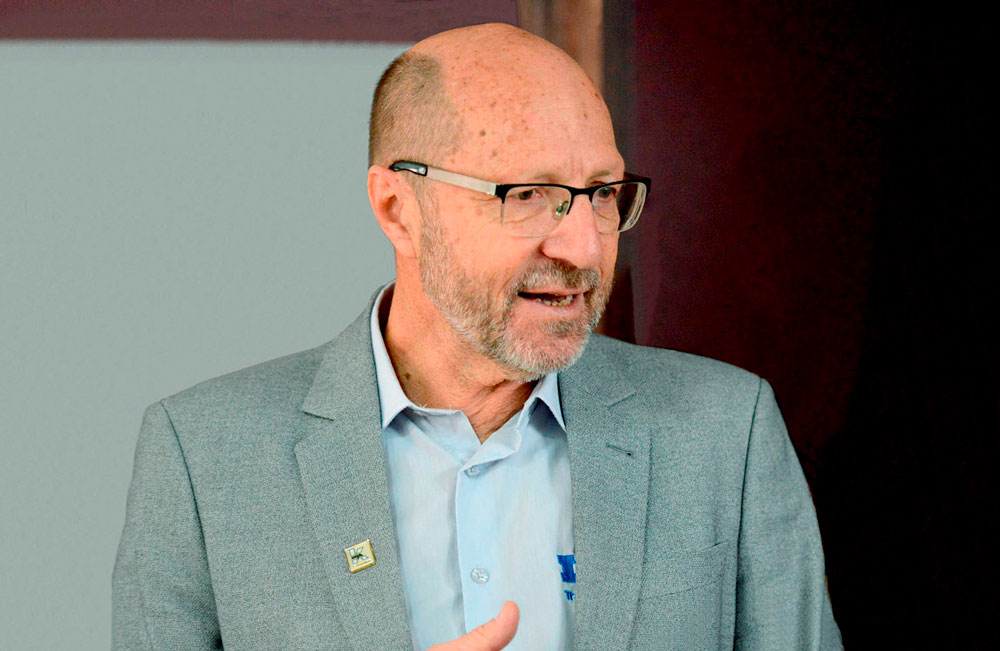 Gilberto Gaertner, chairman of ITKF © Global Sports
Gilberto Gaertner, chairman of ITKF © Global Sports
In the first interview of the season, Gilberto Gaertner, chairman of the International Traditional Karate Federation (ITKF), succinctly showed what was done to effectively bring the entity into the 21st century and advanced part of what he hopes to find next week at the general meeting that precedes the world championship in Kranjska Gora, Slovenia.
We would like to start with a brief overview of the main facts of ITKF in the post-pandemic period, that is, the main changes or innovations that guided the resumption of Traditional Karate-Dô?
The pandemic has brought a lot of damage, losses and many sequels to people in general and organizations. ITKF also suffered the limitations of loss of mobility and the impediment of holding face-to-face events. On the other hand, we strengthened communication remotely and made progress in improving our processes and systems. We resumed face-to-face activities in the second semester of 2021 by holding 3 Master Courses: in Europe in partnership with the Portuguese Federation, in Africa in partnership with the Egyptian Federation and in the Americas in partnership with the Brazilian Federation. In 2022, in partnership with the French Federation, we held a Summer Camp in Paris. And our great expectation now is our first in-person post-pandemic world championship to be held in Kranjska Gora in Slovenia.
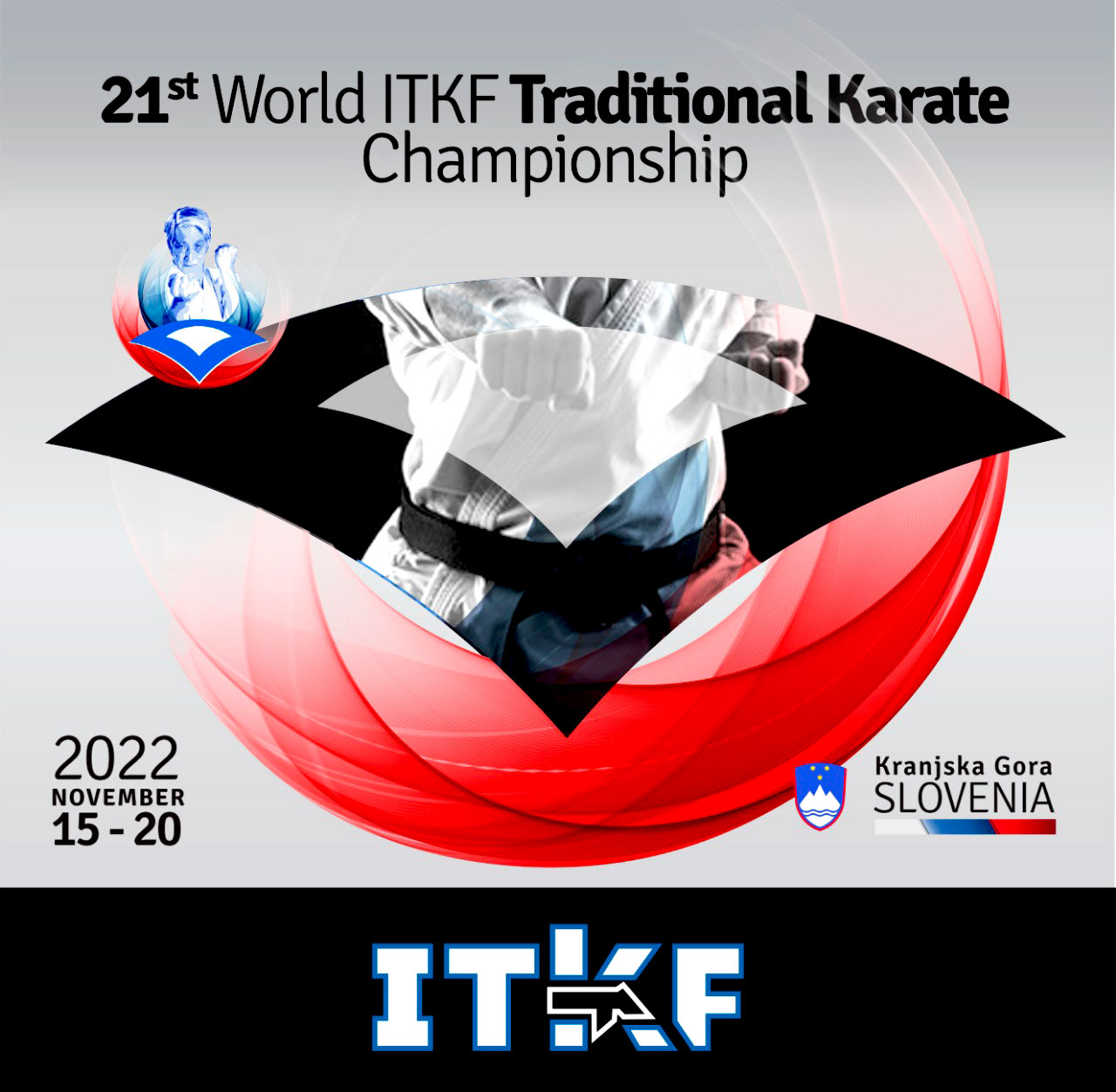
The expectation is to receive more than 30 countries in the competition that takes place in Slovenia © Global Sports
The 20th edition of the World Championship held in December 2019 in Curitiba brought together around 35 countries. What is your expectation regarding the number of countries that will participate in this world cup?
In Curitiba we had an emblematic moment, which was marked by the resurgence of ITKF, in a strengthened and updated version. The Slovenian World Championship, in turn, is also very symbolic, as it is the reaffirmation of the strength of our institution after a long pandemic and some dissent over that period. I think we should have more than 30 countries participating, for sure.
“We followed the guidelines and had the unrestricted support of the vast majority of affiliates. Some disagreements occurred exactly when we implemented the planning defined in the assembly, enforced the statute and aligned actions with a focus on the institution and not on individual interests.”
And what is the projection you make for the number of athlete registrations for the World Championship?
Taking into account that it is the first post-pandemic championship, I estimate about 700 athletes.
Before the current administration, ITKF had approximately 30 member countries. Today you have more than 60 member countries. How did you manage to double the number of affiliates in such a short time, since in 2020 and 2021, the sport stopped worldwide due to the pandemic?
I believe it all started with the strategic planning carried out with the participation of directors and affiliated countries. We followed the guidelines and had the unrestricted support of the vast majority of affiliates. Some disagreements occurred exactly when we implemented the planning defined in the assembly, enforced the statute and aligned actions with a focus on the institution and not on individual interests. We work effectively as a team. I believe that during the pandemic it was the moment we worked the most. We had numerous meetings, assemblies, technical courses and championships remotely, we didn’t stop, on the contrary, we worked much more. This was the context that leveraged institutional growth.
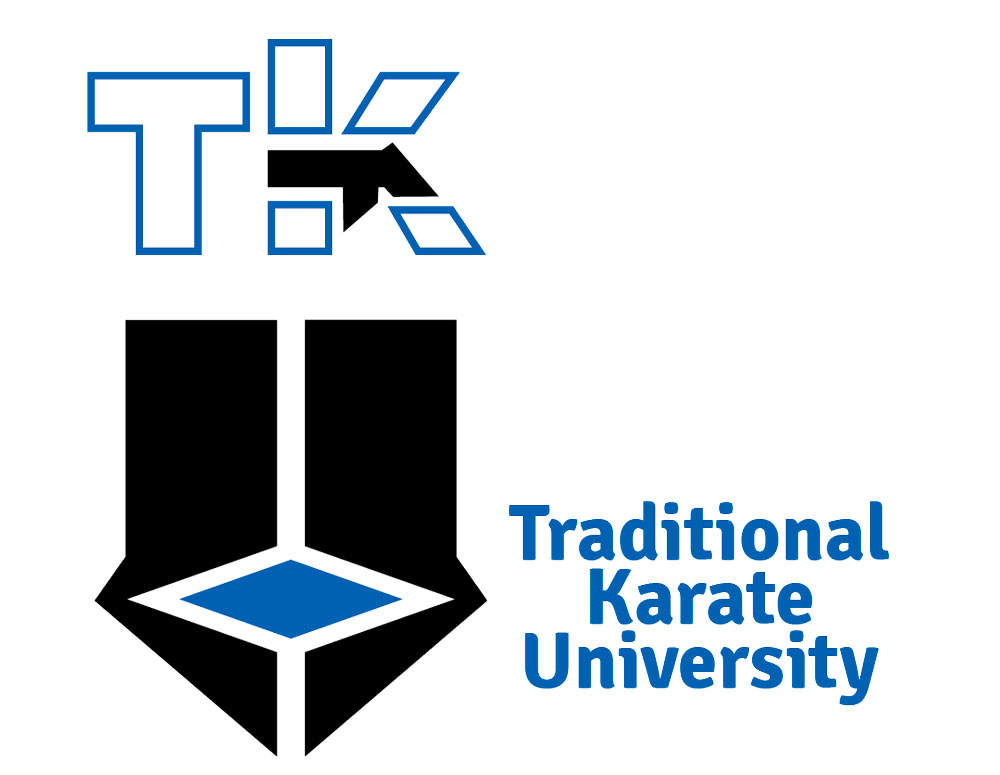
Among the topics to be addressed at the general meeting is the formalization of the beginning of the International Course for Instructors, scheduled for March 2023, with the aim of improving and further differentiating the teaching of traditional karate from the qualification of instructors © ITKF
In addition to the entity’s numbers, what do you plan to present to the Executive Committee ITKF at the Technical Congress that will take place in Slovenia?
The pre-competitive schedule will be quite extensive. We will have the regional meetings of the Pan American Federation presenting a new statute and the European Federation with the planning for the next 2 years. We will also have the election of the new boards of the Africa and Asia-Oceania Federations. In addition, we will have 2 meetings to define the strategic planning for the period 2022-2026, we have already held a remote prior meeting. In the technical area, a Master Course will be held, which will focus on the technical improvement of the instructors and our refereeing team. At the general meeting we will have the report of the activities carried out in 2022, the rendering of accounts, the approval of new affiliated countries, the presentation of the management and financial planning for 2023 and the definition of the calendar of activities for the coming year. We will also have on the agenda the election of the new board for the period 2023-2026.
How is the “ITKT Traditional Karate University” project going?
Among the topics to be presented at the general meeting is also the formalization of the beginning of the International Course for Instructors scheduled for March 2023. This project aims to further improve and differentiate the teaching of Traditional Karate, based on the qualification of instructors. The training will be semi-presential with synchronous online classes anchored in an academic teaching platform and the face-to-face part will be carried out in the Masters Course that will be offered annually on the 4 continents. At the socio-educational level, we started the registration, approval and certification of projects in progress and the structuring of a teaching program to be implemented globally.
We are on the threshold of 2022, what to expect from ITKF in 2023?
The 2019-2022 cycle was about rebuilding, standardizing and systematizing the institutional functioning, that is, building an administrative and technical infrastructure to support the operation and development of the ITKF. The period 2023-2026 will be full of technical, scientific, educational and competitive events. In the administrative area, the new headquarters will help a lot, as we can centralize all management actions in a single physical space. Based on what is established in the strategic planning during this period, each regional federation will start to work with goals to be met annually and we will focus on growing our entity. Our focus will continue to be teamwork, teaching quality and effective karate, technical and personal improvement and maintaining a legacy that will last for generations to come.

14 de fevereiro de 2026
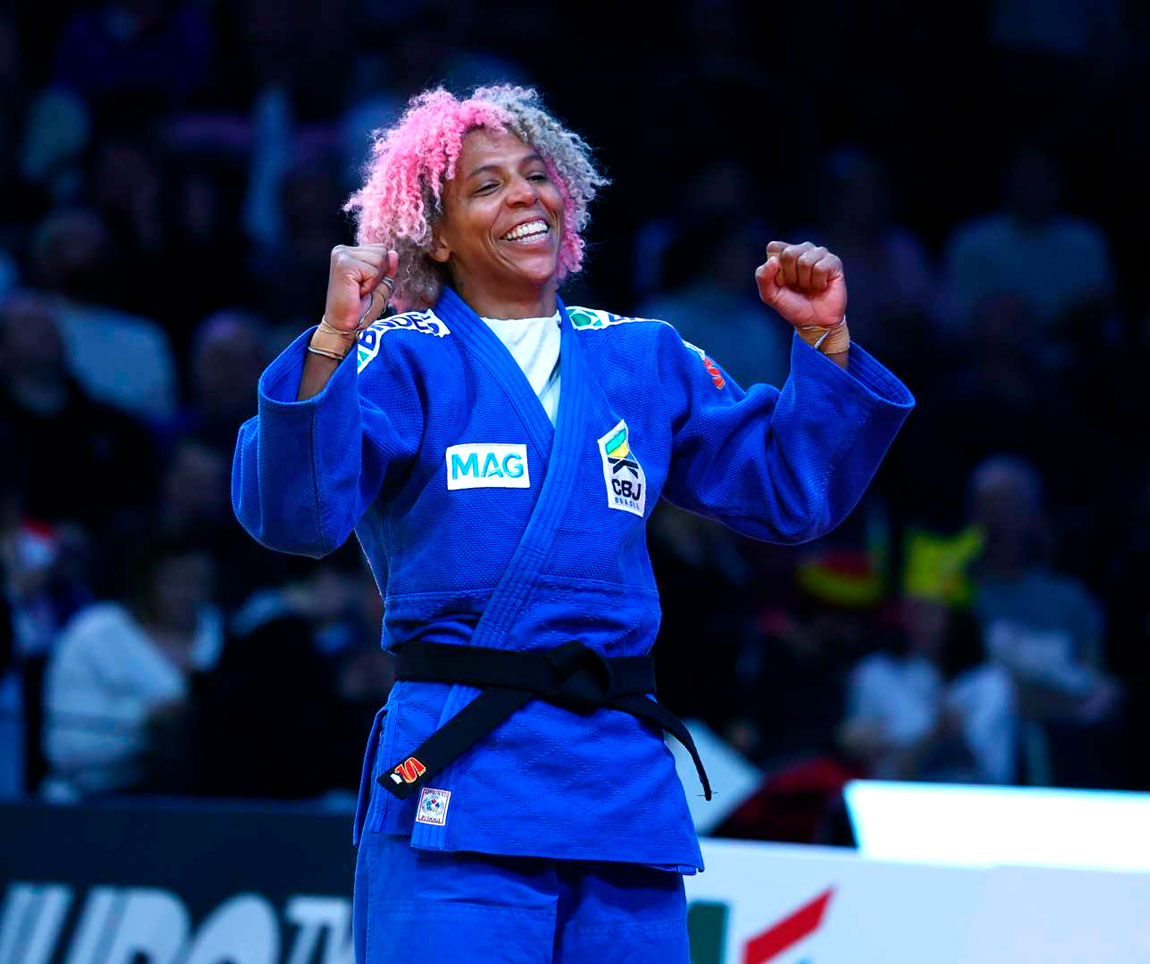
08 de fevereiro de 2026
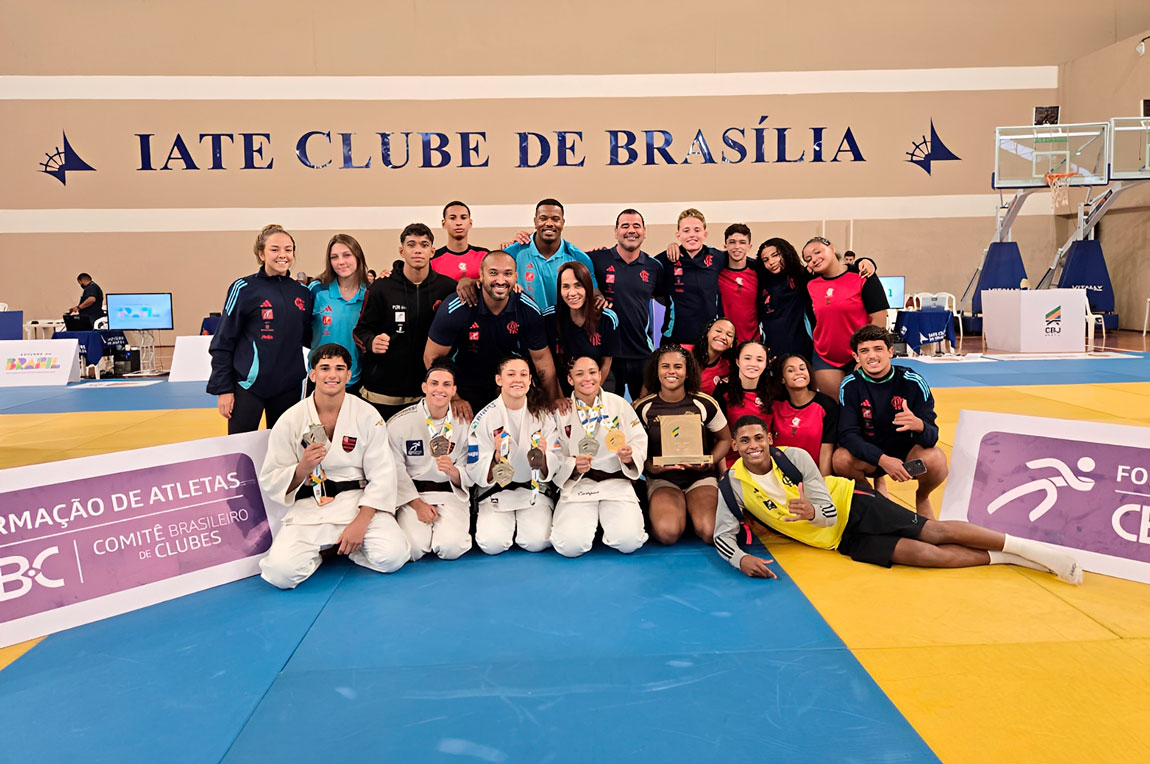
07 de fevereiro de 2026